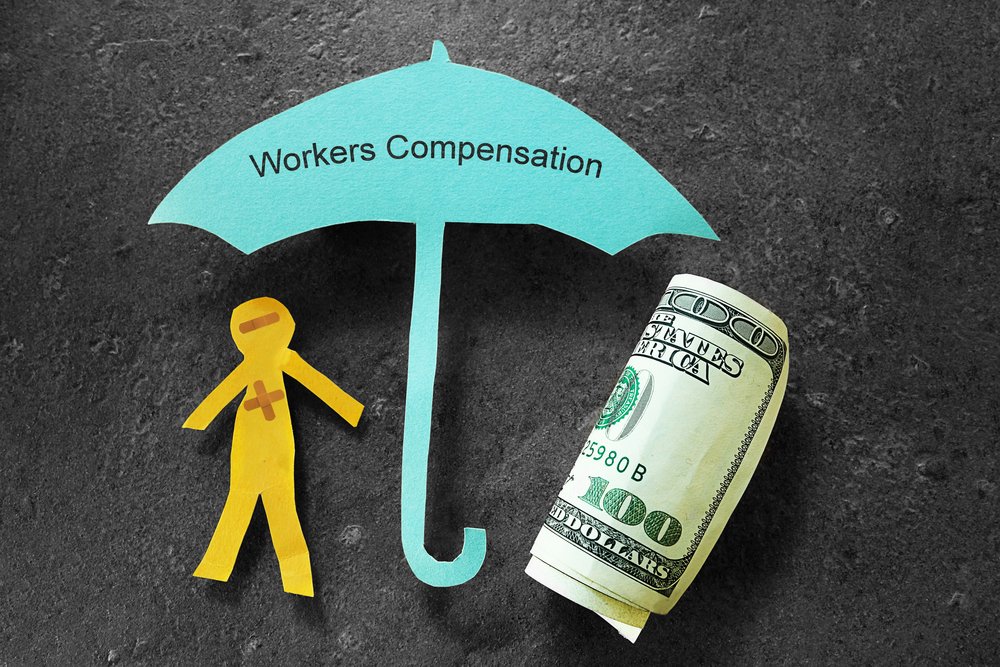
Does Workers’ Compensation Pay Full Salary?
Workers’ compensation does not pay a full salary in Louisiana. According to the Louisiana Revised Statutes (RS) §23:1221, workers receive two-thirds of the average wages they received before being injured or becoming ill. This level of compensation may be issued until you are able to return to work. If your injury or illness prevents you from ever returning to work, you may have other options available to continue receiving financial benefits.
Workers’ Compensation Payments Vary by Disability and Need
As previously mentioned, you may be entitled to compensation coverage for two-thirds of your wages during the time that you are injured and unable to work. Your workers’ compensation may also depend on the classification of your injury.
The Social Security Administration (SSA) explains that the four primary classifications of workplace injuries are:
- Temporary Total Disability (TTD)
- Temporary Partial Disability (TPD)
- Permanent Total Disability (PTD)
- Permanent Partial Disability (PPD)
In any case, your workers’ compensation does not pay your full salary. Your benefits may be affected by your injury’s classification, in that how your disability is classified might affect:
- The length of time you are eligible to receive benefits
- The medical care you must receive to treat your injury
- Whether you will be able to return to work at any point
Your lawyer can assess your injuries to determine what classification your disability should fall into. They may help you seek benefits based on your disability’s classification standards.
Qualifying for Workers’ Compensation Benefits
Simply being injured, or even being injured in the workplace, is not always sufficient for you to automatically qualify for workers’ compensation benefits. The Louisiana Workforce Commission (LWC) explains what may qualify or disqualify you from receiving workers’ compensation benefits.
You may be entitled to benefits if:
- You suffered an injury on the job
- You developed an illness through the course of your work
- You suffered a mental injury or condition due to abnormal stress, and you can prove that the condition resulted from your work
The LWC adds that your injury or illness must have arisen “out of and be within the course and scope of the employee’s employment.” It doesn’t matter who was at fault for the injury or condition, so long as there are no other potentially disqualifying factors at play.
Some of the circumstances that could potentially disqualify you for workers’ compensation benefits include:
- Your injury did not occur during activities considered to be within the scope of your employment
- You were engaged in “horseplay” at the time that you were injured
- You were under the influence of alcohol or drugs at the time that your injury happened
- Your injury resulted from a physical altercation in which you were deemed the aggressor
It is possible that your employer or their insurance company might make one or more of these allegations against you, even if they are not true. Your lawyer can help you fight against false allegations so that you can continue pursuing workers’ compensation benefits.
A Lawyer Can Play a Crucial Role in Your Workers’ Compensation Claim
You never know the course that a workers’ compensation claim might take. Having a lawyer handle your claim may limit the uncertainty and stress that you are personally experiencing. A lawyer can act as the buffer between you and the legal process of seeking workers’ compensation benefits.
Your lawyer may be aware of or may familiarize themselves with:
- The general process of completing a workers’ compensation claim
- Specific deadlines pertaining to your workers’ compensation claim
- The facts of your accident
- Evidence that demonstrates how your accident occurred or proves the source of your illness
- The nature of your injuries and your timetable for recovery
- Your employer’s workers’ compensation insurance policy
Your lawyer will also defend your rights throughout the claims process. They may file your claim and handle all communications with insurance agents and others involved in your claim, protecting you from making any damaging statements. Additional ways that your lawyer may serve you include:
- Determining how much compensation you should be entitled to receive
- Consulting experts to support the facts of your accident and injury
- Interviewing witnesses who saw your accident occur or can testify to conditions that led to your illness
- Moving your claim through the proper channels, which could include mediation
- Handling all paperwork related to your claim
- Making appearances on your behalf or alongside you
- Filing any appeals necessary
Call Laborde Earles Injury Lawyers to Help You Fight for Workers’ Compensation
Focus on your recovery and let a workers’ compensation lawyer handle your case. Call Laborde Earles Injury Lawyers today at (337) 777-7777 for a free consultation.